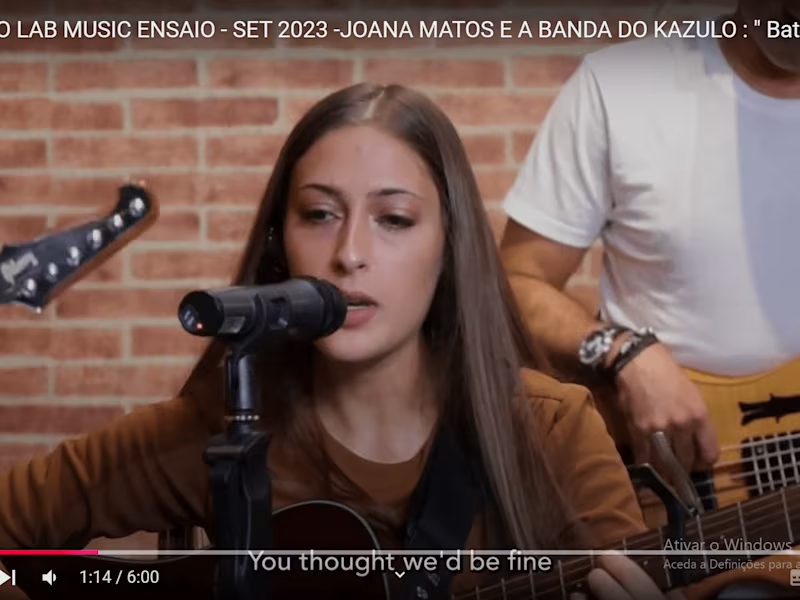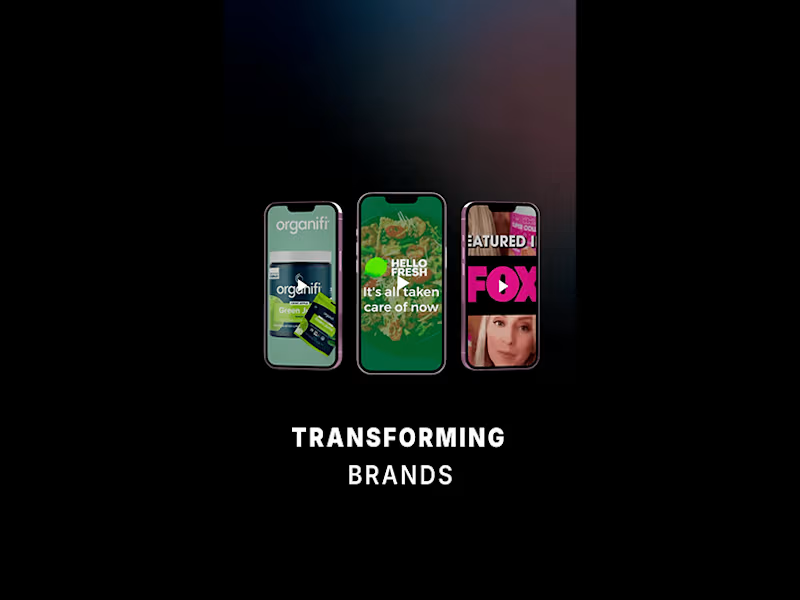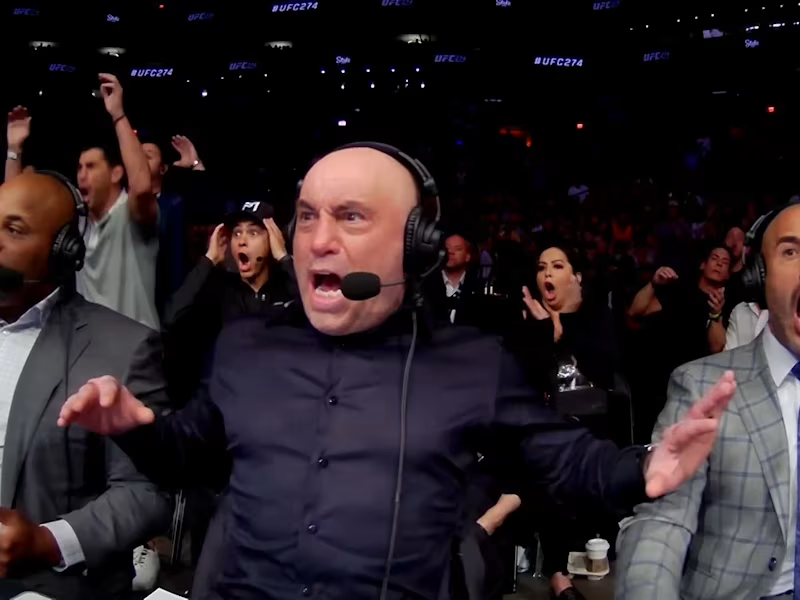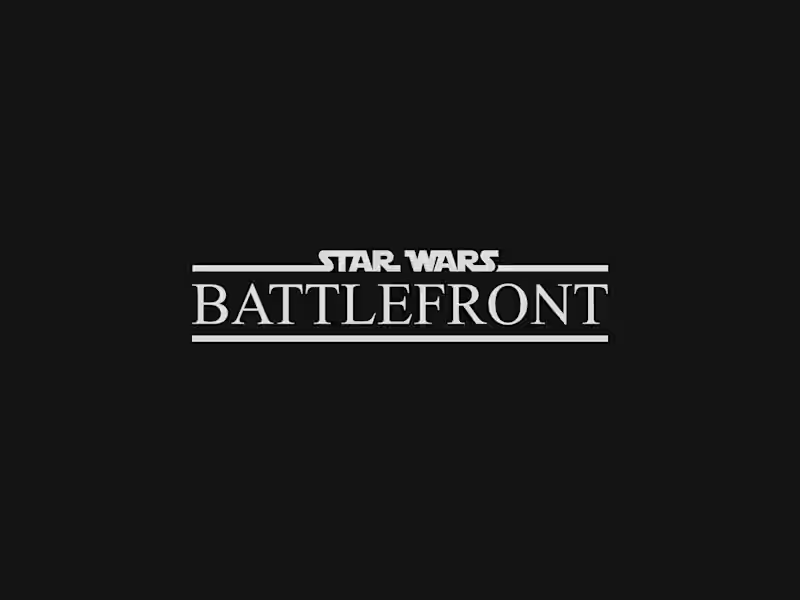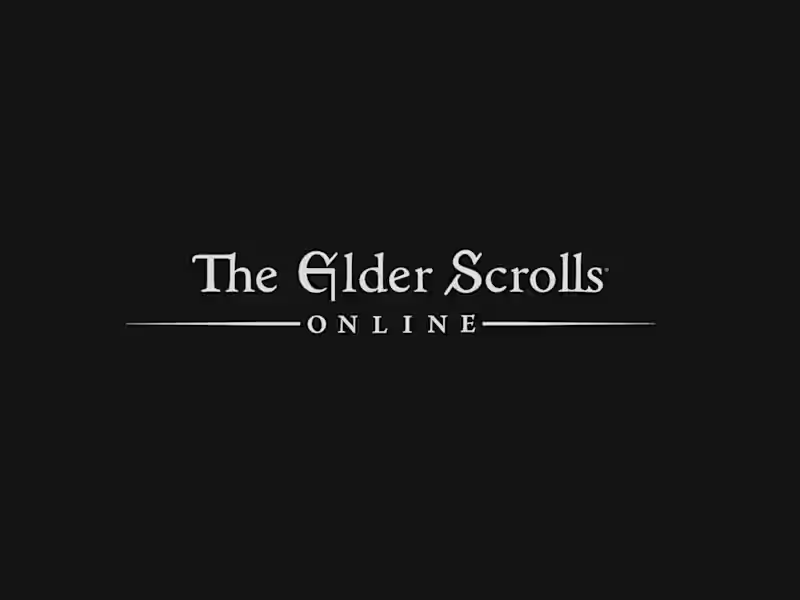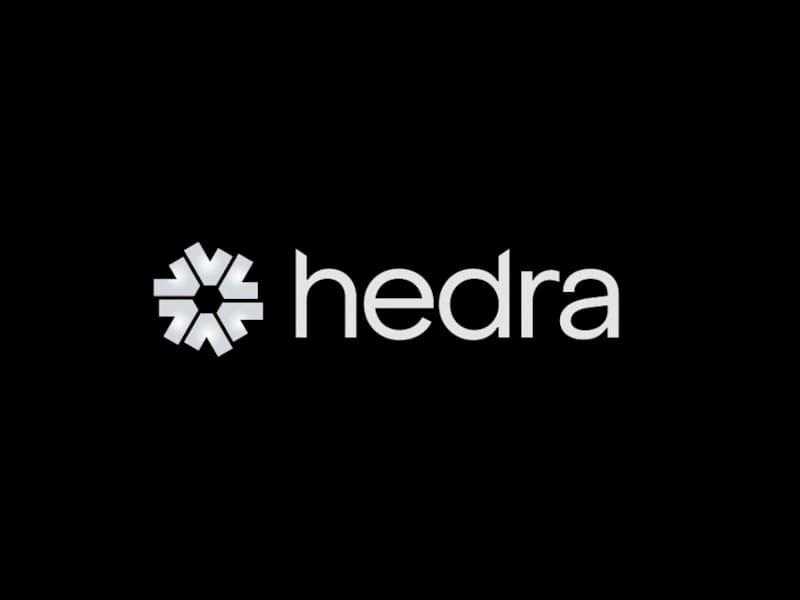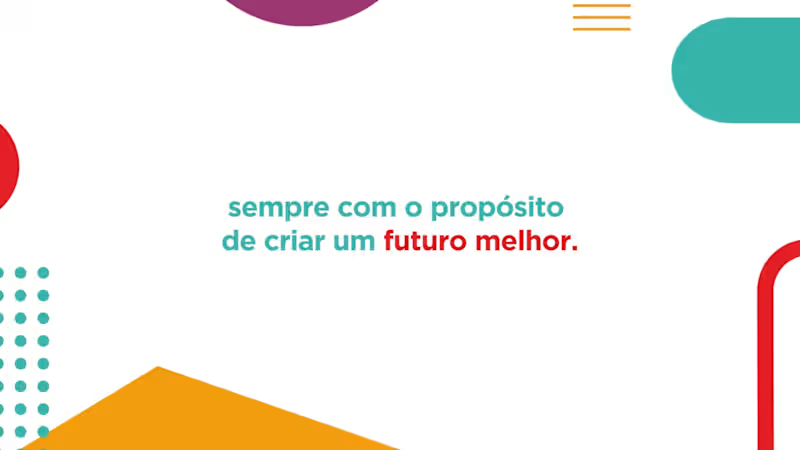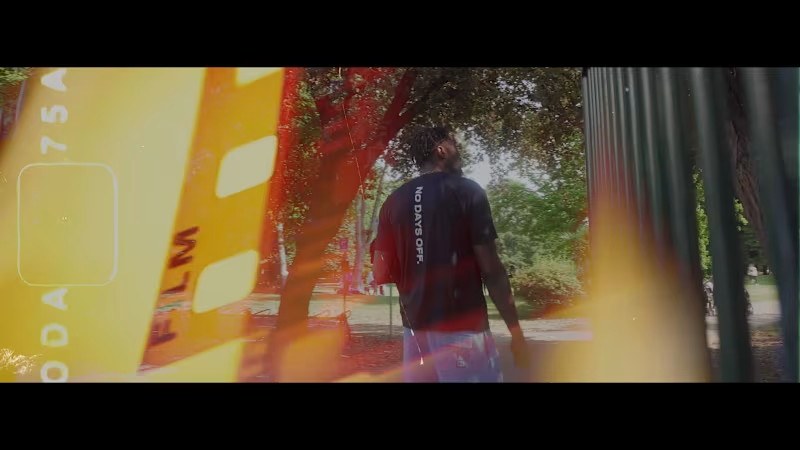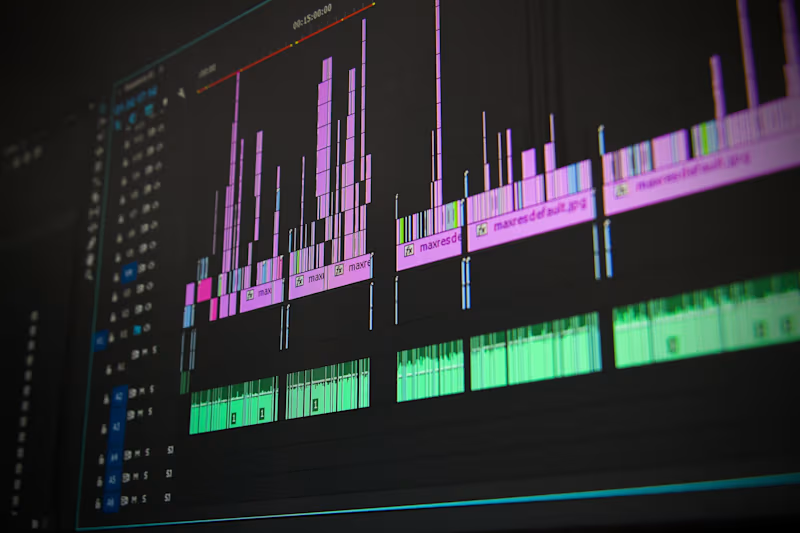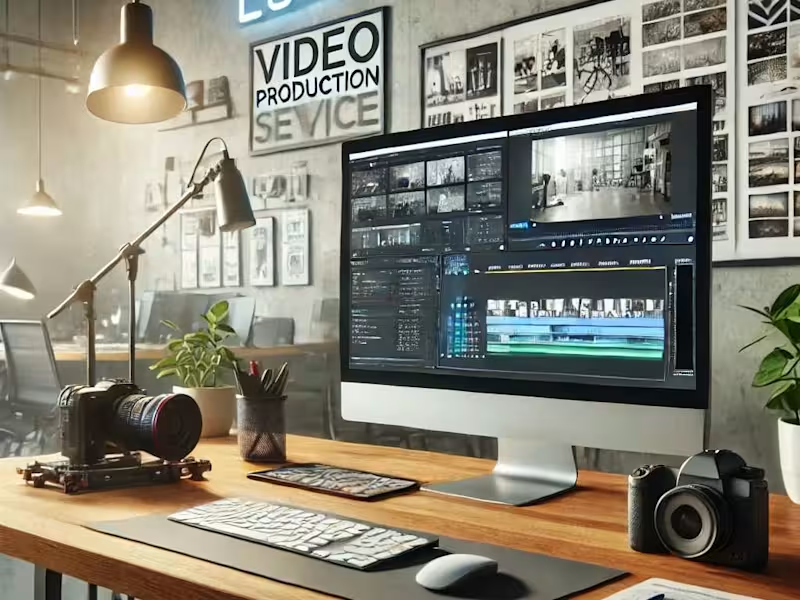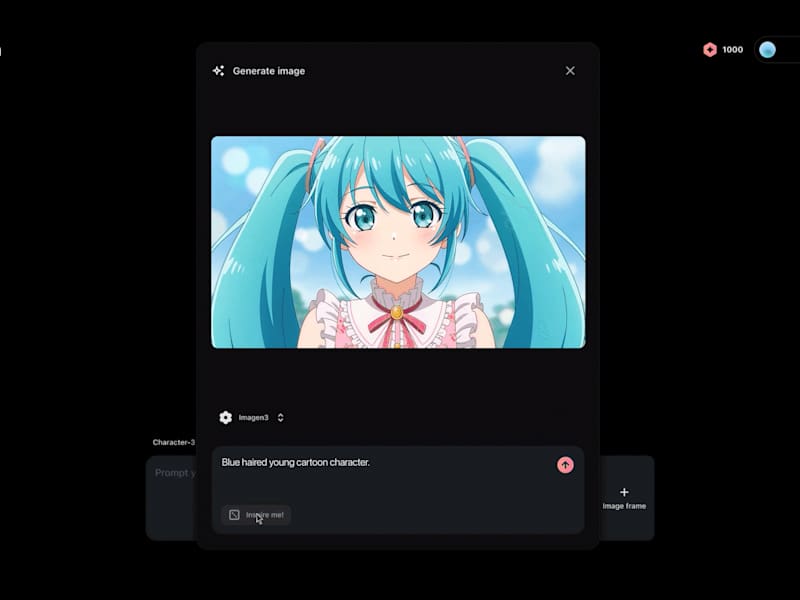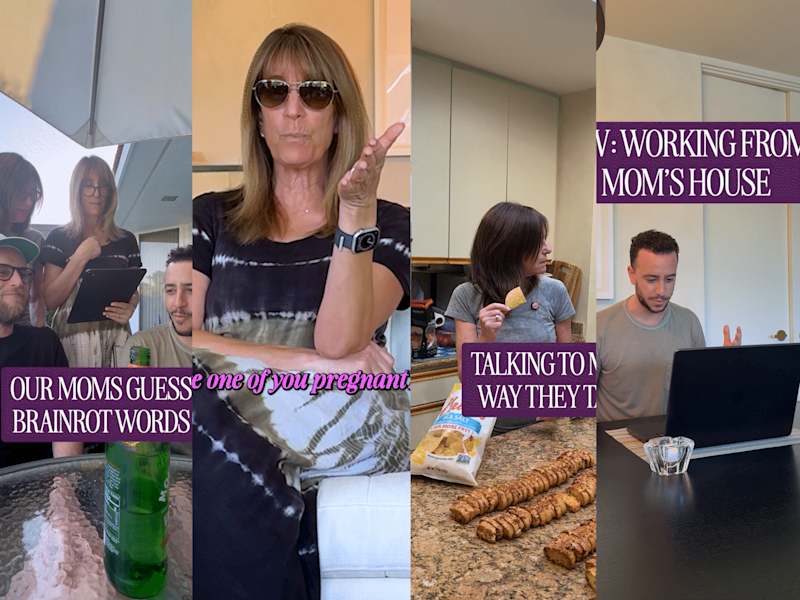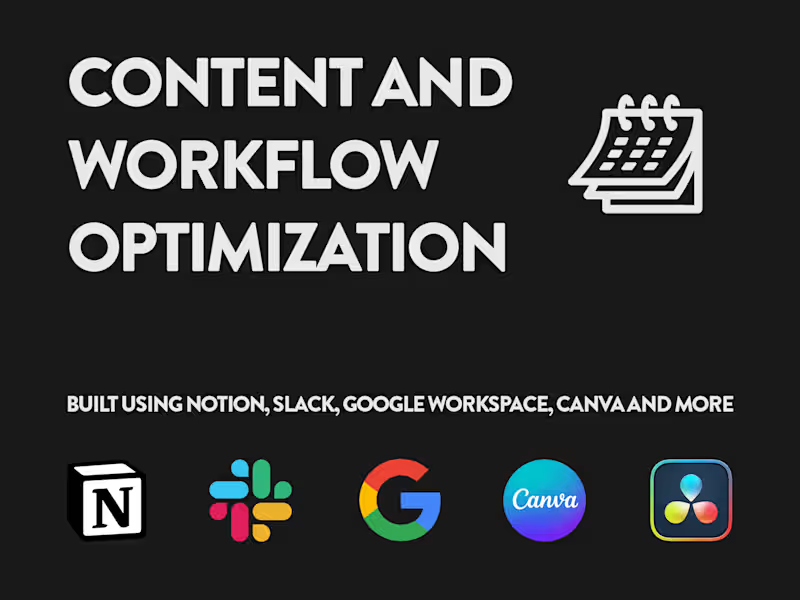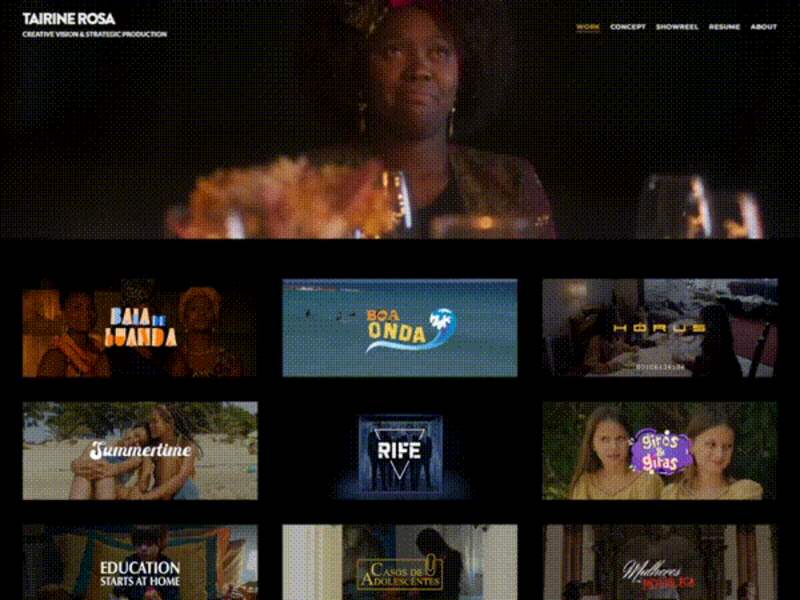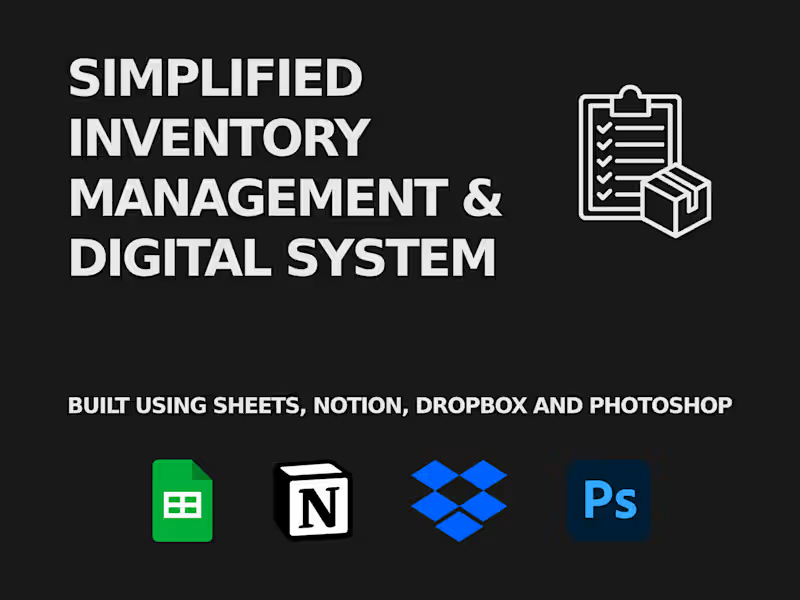What should you check before hiring a sound designer?
Before hiring a freelancer, look at their past work. Can they create the sound you want? Review their portfolio to see their skills. Check if they've worked on similar projects before.
How do you communicate your project needs effectively?
Be clear about what you want. Describe the mood, style, and sound elements you need. Use examples from other projects if possible. This helps the designer understand your vision.
What should you include in the project brief?
Include all the important details in the brief. This may include timelines, sound specs, and project goals. Be specific with your instructions. This ensures the freelancer knows exactly what to do.
How should you evaluate a sound designer's proposal?
Look at how the designer plans to achieve your goals. Does the proposal meet your requirements? Consider their approach and creativity. Make sure it aligns with your project.
What is important to discuss before starting the project?
Talk about project timelines and deadlines. Agree on how often you will communicate. Discuss feedback processes and how revisions will be handled. This prepares both parties for smooth collaboration.
How do you ensure the sound design matches your brand?
Provide the sound designer with your brand guidelines. Explain the vibe and message you want the sound to convey. Ask them to incorporate these into their work. This ensures consistency with your brand.
Why should you set milestones for the project?
Milestones help you track progress. They break the project into manageable parts. You can review each stage and give feedback. This helps the project stay on track.
How do you assess the quality of the sound design?
Listen to the sound design multiple times. Does it fit the visuals and project goals? Check if it flows well and enhances the experience. Ask for feedback from others if unsure.
What type of feedback should you provide during the project?
Offer clear and helpful feedback. Be specific about what you like and what needs change. Constructive comments improve the end result. Make feedback a part of regular communication.
Who is Contra for?
Contra is designed for both freelancers (referred to as "independents") and clients. Freelancers can showcase their work, connect with clients, and manage projects commission-free. Clients can discover and hire top freelance talent for their projects.
What is the vision of Contra?
Contra aims to revolutionize the world of work by providing an all-in-one platform that empowers freelancers and clients to connect and collaborate seamlessly, eliminating traditional barriers and commission fees.
People also hire
Explore projects by Portuguese-speaking Sound Designers on Contra
Top services from Portuguese-speaking Sound Designers on Contra

Adobe Premiere Pro
Video Editor
Sound Designer
+2
Reels for Tik Tok - Instagram - Facebook video editing
$50/hr

Ableton Live
Music Producer
Audio Editor
+5
Music Production and Sound Designer
$200

Adobe After Effects
Editor
Advertisement Designer
+3
High-Impact Video Production & Creative Direction for Brands.
Contact for pricing





































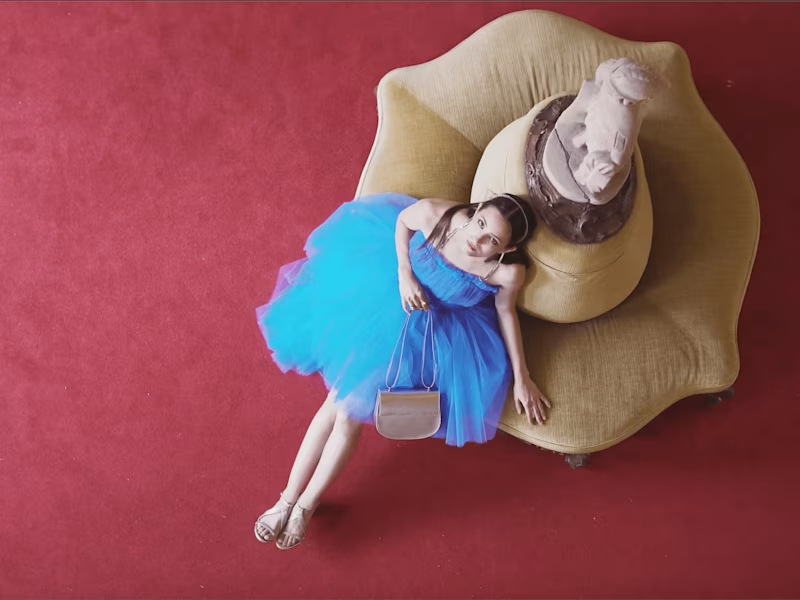

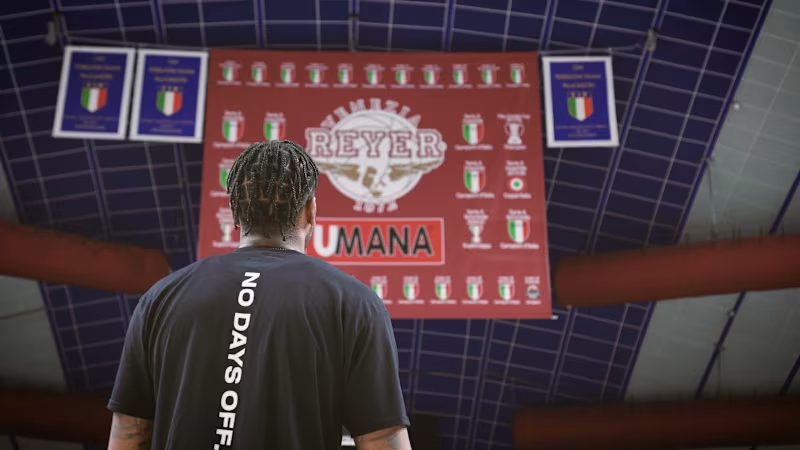

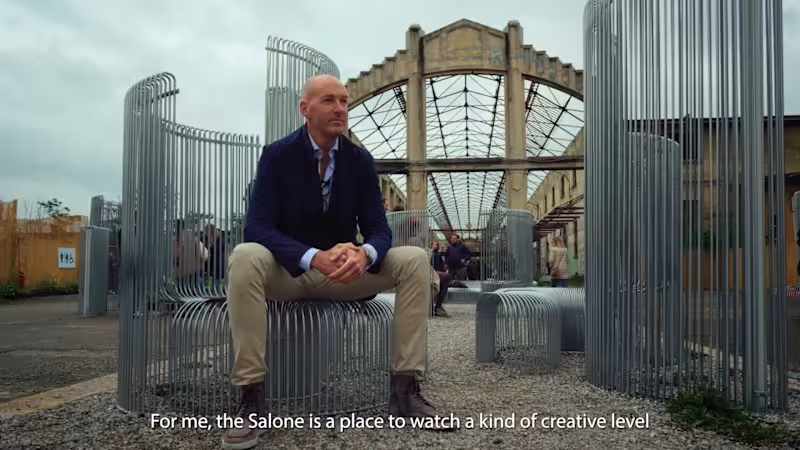






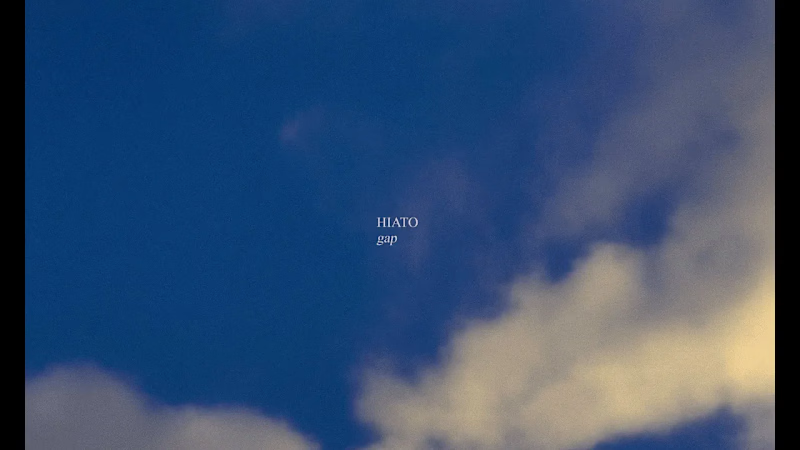
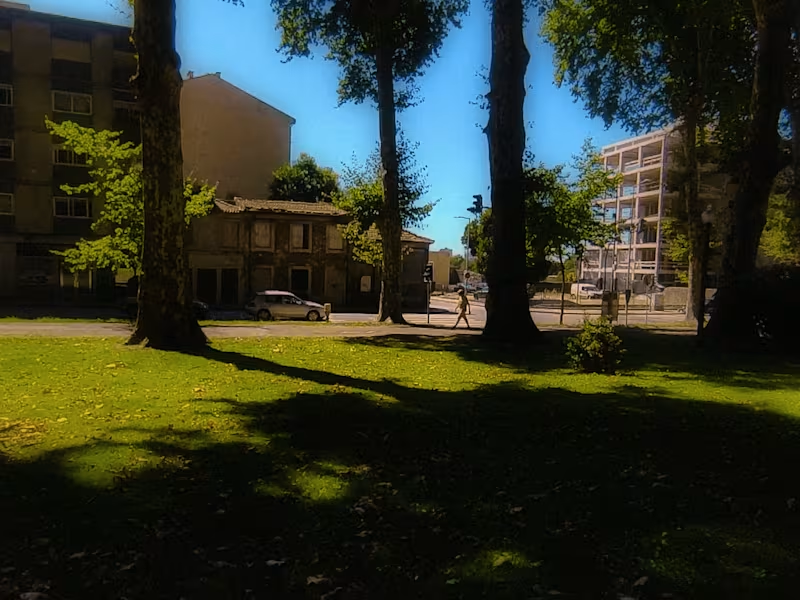
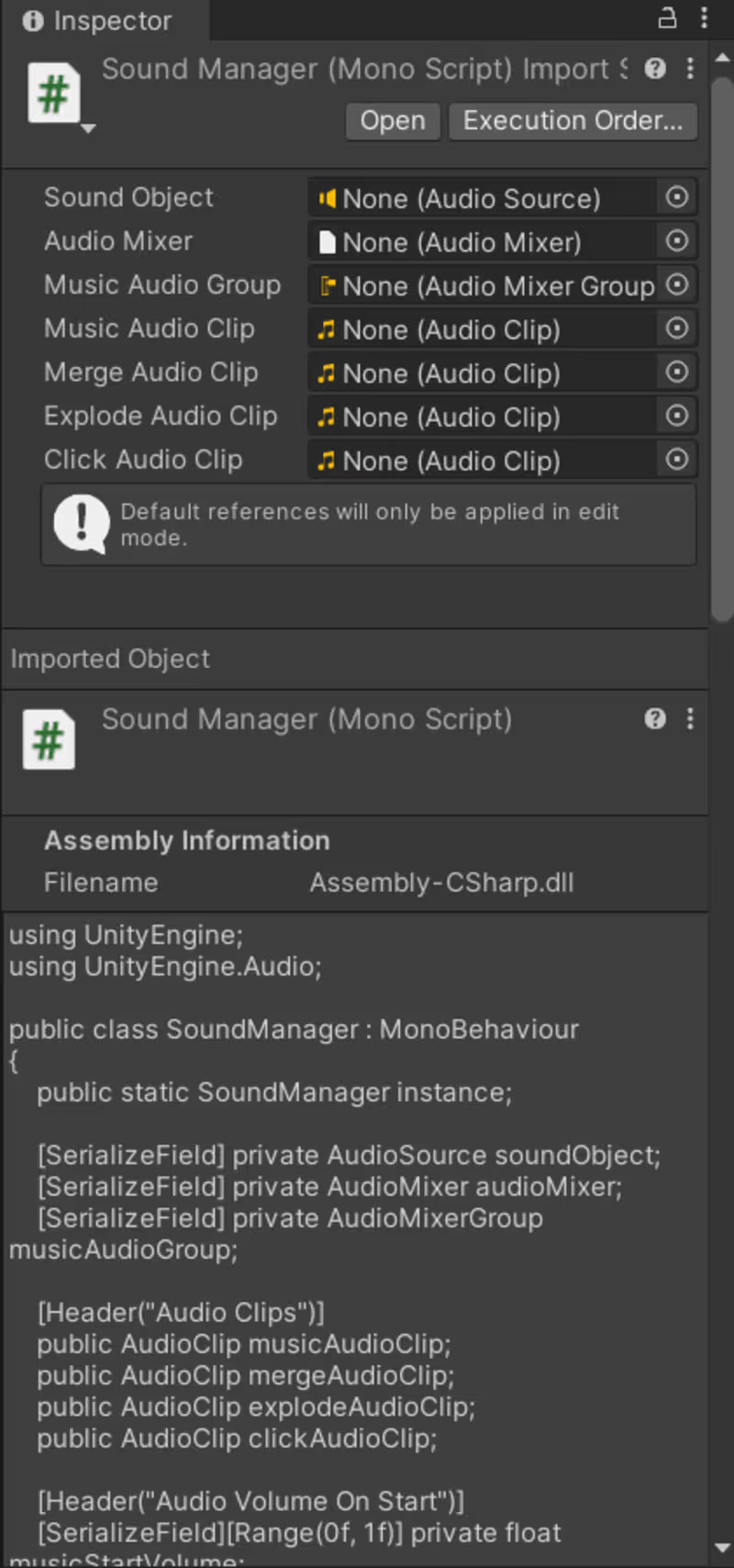



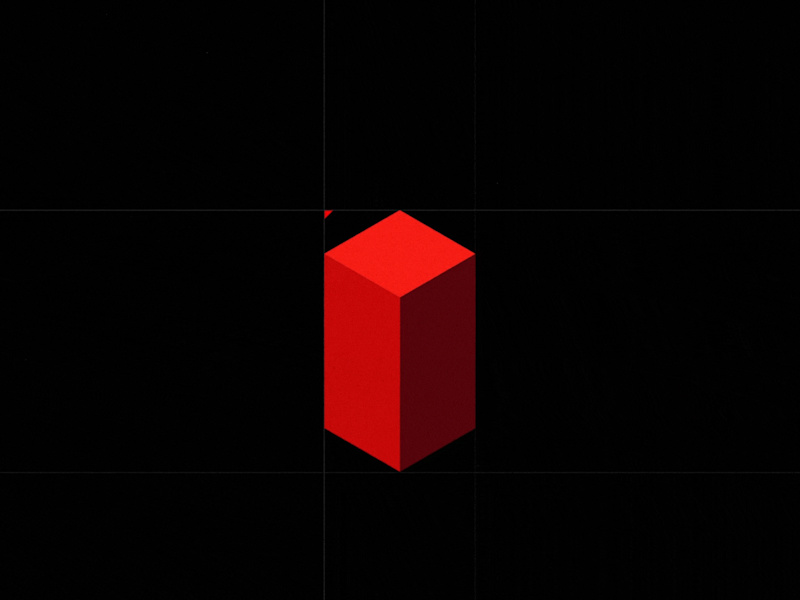

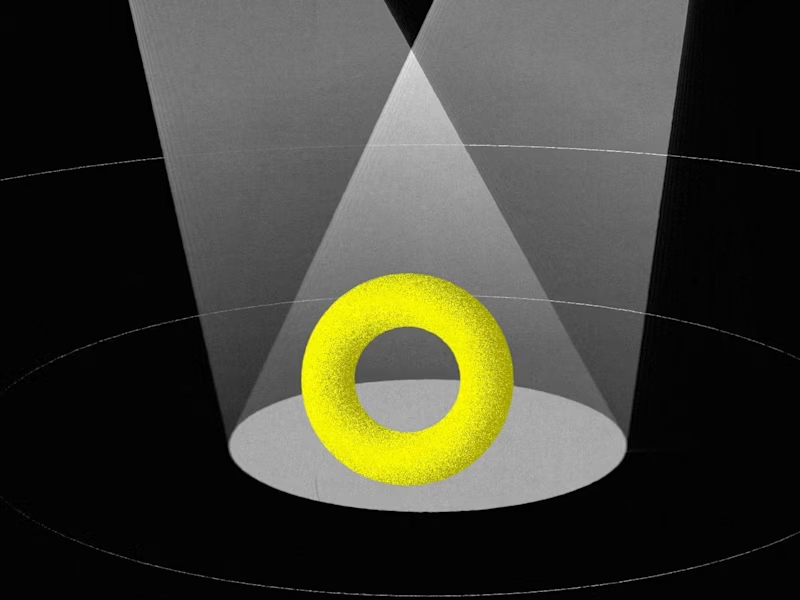

![Cover image for Moses Christopher - Imagination [Official Video] - YouTube](https://media.contra.com/image/upload/w_800,q_auto/lh8zh1grtcqo19w4rmy9.avif)
![Cover image for Moses Christopher - Eyes Closed [Official Video] - YouTube](https://media.contra.com/image/upload/w_800,q_auto/xm4xffu78pdirc5zkutm.avif)
